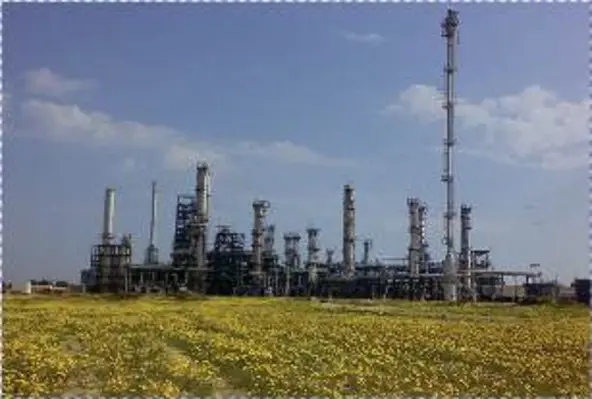Honeywell UOP is to supply Saudi Arabias Farabi Petrochemicals Company with technologies for a new petrochemicals complex at its Yanbu facility, to enable Farabi to expand production of biodegradable detergents
Construction of the complex is expected to be completed in 2020 and will make Farabi one of the largest producers of normal paraffins and linear alkylbenzene (LAB) in the world.
Honeywell UOP will provide licensing, basic engineering design and other associated services for the new complex, in addition to catalysts and adsorbents. Honeywell UOP technologies include a Unionfining™ hydrotreating unit, a Molex™ unit to produce the linear alkylbenzene (LAB) feedstock necessary for making biodegradable detergents, a Pacol™ unit for dehydrogenation, a DeFine™ unit to improve product purity, and a Detal™ detergent alkylation unit.
“These technologies will help the Kingdom of Saudi Arabia meet growing domestic and regional demand for these petrochemicals and detergents, derive more value from its petroleum resources, and help it gain self-sufficiency in these chemical intermediates,” said Jim Moshi, Honeywell UOP Middle East regional general manager.
When completed, the Yanbu complex will produce more than 120,000 metric tons per year of LAB and 246,000 metric tons per year of normal paraffins, in addition to de-aromatized specialty oils, asphalt, sulfonates, mining chemicals, process oils and lubes. As a feedstock, the complex will use diesel and kerosene from the Saudi Aramco refinery and petrochemical complex at Jizan, around 1,000 km south of Yanbu.
According to the Gulf Petrochemicals and Chemicals Association (GPCA), Saudi Arabia had 98.5 million tonnes per year of petrochemicals production capacity in 2016. It is the region’s second-largest industry within the manufacturing sector, creating more than 500,000 direct and indirect jobs and US$108bn worth of products as recently as 2015.
“The Yanbu facility demonstrates that refining companies in the Kingdom continue to move downstream into petrochemicals, where demand is growing and margins are stronger,” Moshi said. “The location of this new facility also will create more employment and industrial development in western Saudi Arabia.”






